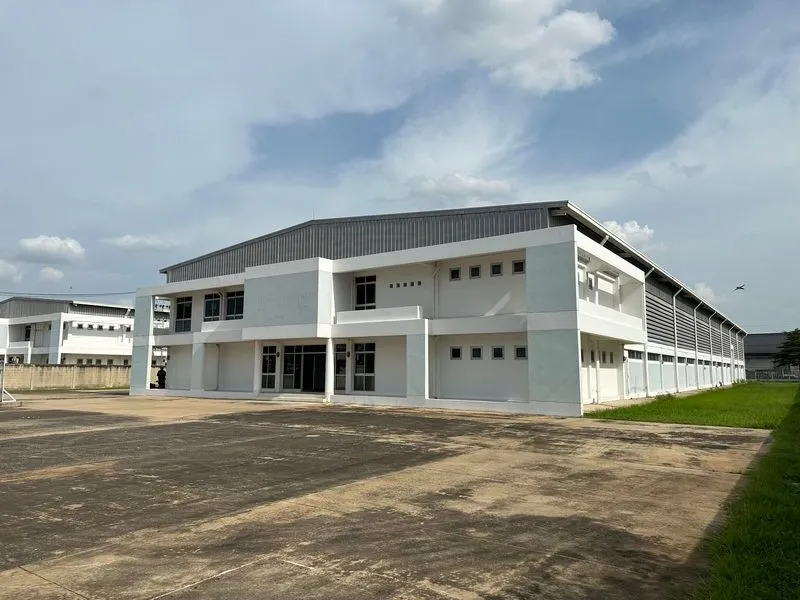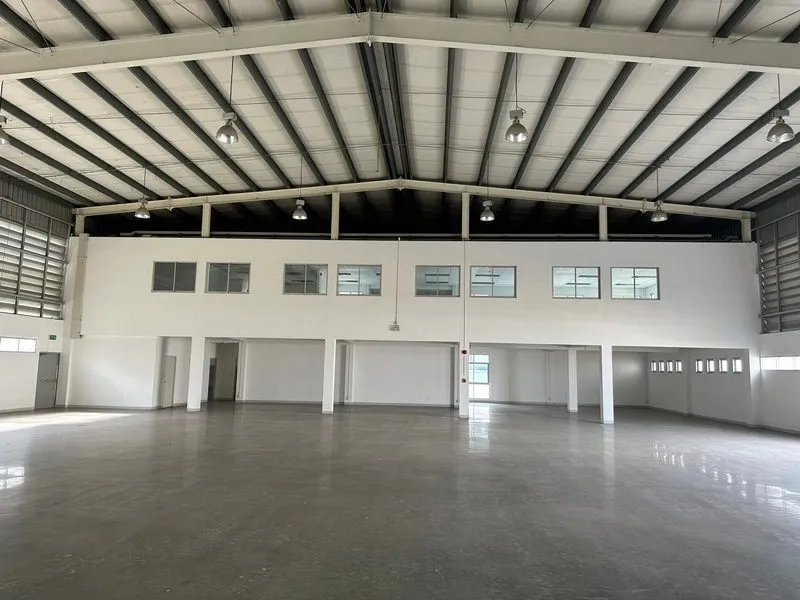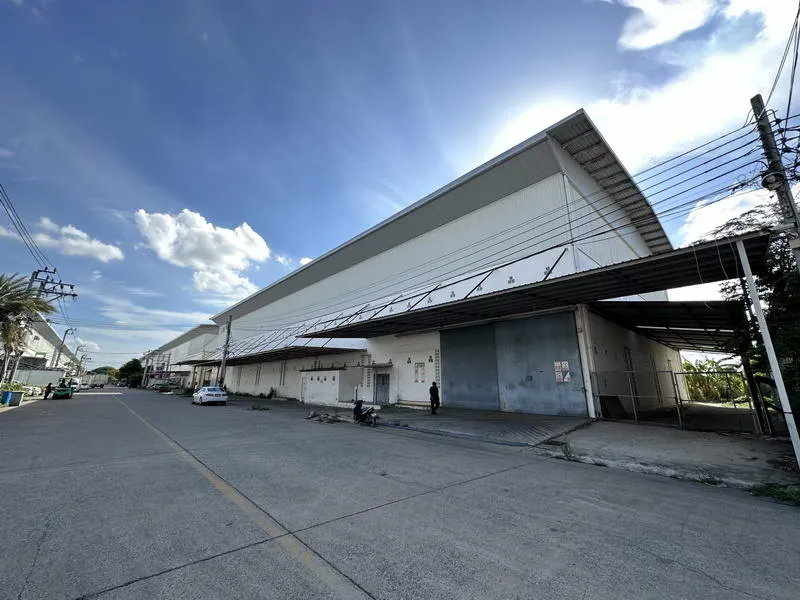In this article, we will explore what FDA and GMP certifications entail in the context of Thailand and their significance in maintaining the country's reputation as a reliable and safe producer of pharmaceuticals and food products.
If you are looking to operate a factory or warehouse in Thailand that deals with pharmaceutical and/or food products or production, you’ll need to understand both FDA and GMP certification in Thailand. It can be a daunting subject for those new to this industry. So let’s break it down to bite sized pieced to make it clear and concise.

1. The FDA in Thailand
The FDA, or the Food and Drug Administration, is a regulatory body responsible for overseeing the safety, efficacy, and quality of food, drugs, medical devices, and cosmetics in Thailand. It operates under the Ministry of Public Health and plays a crucial role in protecting the health of consumers by ensuring that the products they use meet rigorous safety and quality standards.
The FDA's main responsibilities include evaluating new drug applications, inspecting manufacturing facilities, conducting post-market surveillance, and enforcing regulations related to labeling, advertising, and product claims. All pharmaceutical and food manufacturing companies in Thailand must comply with FDA regulations and undergo a stringent approval process to ensure the safety of their products before they reach consumers.
And if this is your line of business, it’s important to understand these certifications and if and why you’ll need them for your factory or warehouse to be fully compliant under Thai law.
2. GMP Certification in Thailand
Good Manufacturing Practice (GMP) is a quality assurance system that ensures pharmaceutical and food products are consistently produced and controlled according to established quality standards. It encompasses various aspects of production, including the facilities, equipment, processes, and personnel involved in manufacturing and handling products.
In Thailand, GMP certification is mandatory for pharmaceutical companies and food manufacturers. The certification process involves an in-depth evaluation of the manufacturing facility and processes to ensure they adhere to strict quality and safety guidelines. GMP certification in Thailand is not only essential for domestic sales but also acts as a gateway to international markets, as it demonstrates compliance with internationally recognized quality standards.
3. Importance of FDA and GMP Certifications in Thailand
3.1. Ensuring Product Quality and Safety
The primary goal of both FDA and GMP certifications is to guarantee the quality and safety of products available to consumers. With these certifications in place, consumers can have confidence that the pharmaceuticals and food they purchase have undergone rigorous testing and meet the highest standards of safety and quality.
3.2. Enhancing Industry Credibility
For Thailand's pharmaceutical and food industries, having FDA and GMP certifications is essential to build and maintain credibility both domestically and internationally. These certifications signal to consumers and trading partners that the country takes product safety seriously and follows stringent quality control measures.
3.3. Facilitating International Trade
FDA and GMP certifications are critical for accessing international markets. Many countries require products to meet specific quality standards, and having these certifications streamlines the export process and opens up new opportunities for Thai manufacturers to expand their global reach.
3.4. Regulatory Compliance
Compliance with FDA and GMP regulations is not optional but a legal requirement for pharmaceutical and food manufacturers in Thailand. Failure to obtain and maintain these certifications can result in severe penalties, including product recalls and fines, damaging a company's reputation and profitability.

4. The Certification Process
4.1. FDA Approval Process
To obtain FDA approval for a new drug, pharmaceutical companies in Thailand must submit a comprehensive application detailing the product's safety, efficacy, and manufacturing processes. The FDA conducts a thorough evaluation of the data provided and may require additional studies or evidence before granting approval.
For food products, the FDA also reviews ingredient lists, nutritional information, and packaging claims to ensure compliance with food safety regulations.
4.2. GMP Certification Process
The GMP certification process involves an extensive inspection of the manufacturing facility and processes. Trained inspectors assess various aspects of production, including equipment cleanliness, personnel training, documentation practices, and product testing protocols. Any deficiencies must be addressed before GMP certification can be granted.
5. Challenges and Future Trends
5.1. Meeting Evolving Regulatory Standards
As science and technology advance, regulatory standards for pharmaceuticals and food products are continuously evolving. Thai manufacturers will need to stay abreast of these changes and invest in research and development to comply with new regulations.
5.2. Embracing Technological Advancements
To streamline manufacturing processes and maintain quality standards, companies in Thailand will need to embrace technological advancements such as automation, data analytics, and artificial intelligence.
Final Thoughts On FDA and GMP certification in Thailand
FDA and GMP certifications are indispensable for Thailand's pharmaceutical and food industries to ensure the production of safe, high-quality products. By adhering to these rigorous standards, manufacturers not only protect consumer health but also enhance their reputation and competitiveness in the global market. As Thailand continues to be a leading player in these sectors, maintaining and improving FDA and GMP compliance will be crucial for long-term success and sustainable growth.
It can be an intrinsically complicated and confusing process if you are new to operating factories or warehouses in Thailand. So it only makes sense to have all the info you need at your fingertips. You might even need legal representation to help you understand these things if you are new to Thailand.
However, at Hero Realtor, we have the expertise to help you in regards to understanding FDA and GMP compliance issues and matters. Before you make any kind of financial outlay or even begin looking for a factory or warehouse in Thailand, you should contact us to help you along the way. Not only can we assist obtaining FDA and GMP certificate, but can also find factory for rent or to buy in Bangkok, Samut Prakan, Pathum Thani, Nonthaburi and other provinces crucial for operating pharmaceutical and food businesses.






